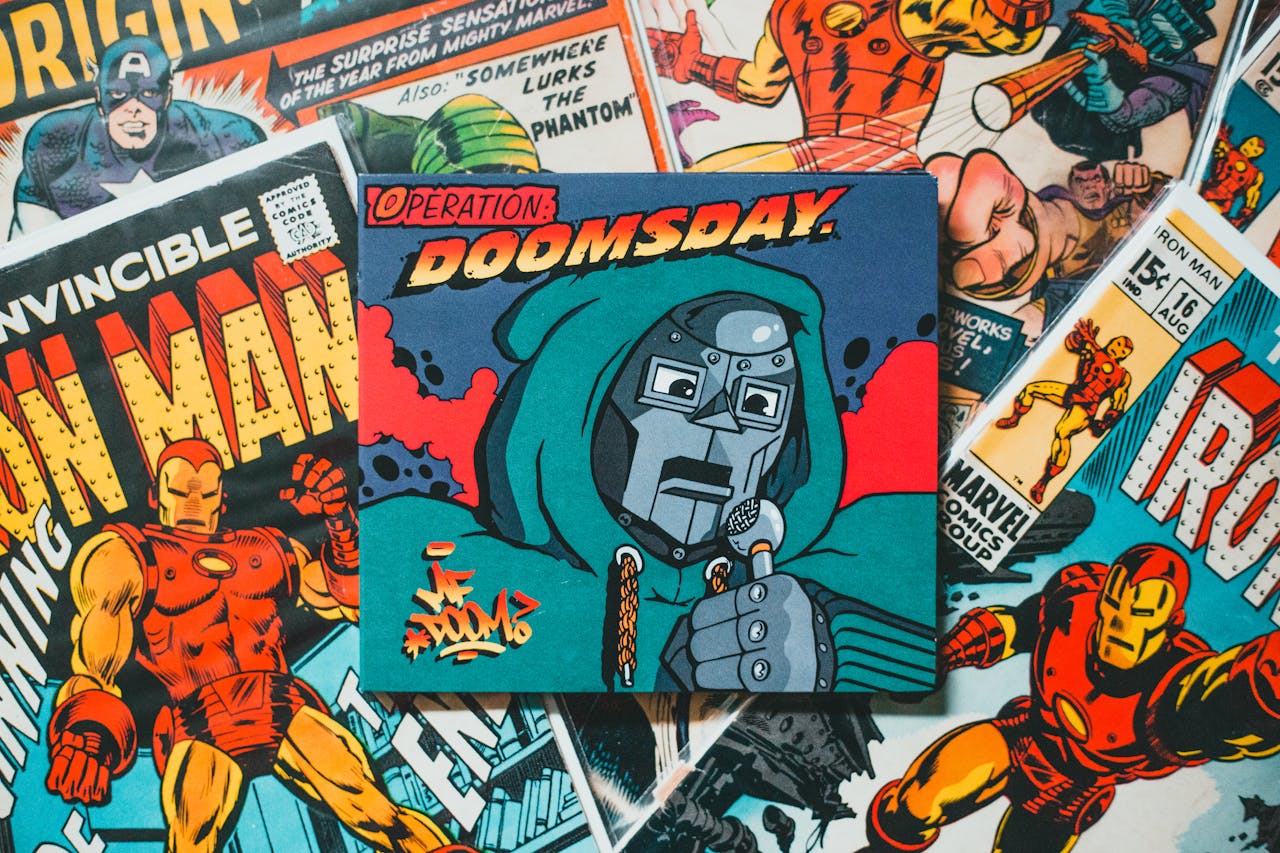|
IN BRIEF
|
When it comes to the world of comic books, few rivalries are as intense and fascinating as that between Marvel and DC Comics. These two titans have dominated the landscape of superhero narratives for decades, each boasting a dedicated fanbase and a plethora of iconic characters. But what truly sets them apart? On one hand, Marvel crafts tales of ordinary individuals striving to embrace their extraordinary destinies, allowing readers to resonate with the imperfections and humanity of heroes like Spider-Man and Iron Man. Conversely, DC Comics presents a universe populated with gods and demigods, exploring the struggles of majestic beings, such as Superman and Wonder Woman, trying to navigate the intricacies of human emotions and societal expectations. This intricate duality forms the foundation of the ongoing debate: which universe reigns supreme?
The landscape of comic books is dominated by two major players: Marvel and DC. Both companies have cultivated a rich universe of superheroes and stories that have captivated audiences for decades. However, the essence of these universes differs significantly. By examining their approaches to storytelling, character development, and cultural impact, we can gain a better understanding of what sets them apart.
Memorabilia and Collectibles
Moreover, fans often engage in the memorabilia aspect of comic culture, from rare editions to unique collectibles. Guides on how to effectively collect comic book memorabilia can assist enthusiasts in their quest, connecting them even further to their beloved characters and story arcs.
The Ordinary vs. the Extraordinary
Marvel’s heroes, with their flawed, human characteristics, highlight the vulnerabilities that everyone can relate to. This aspect creates a deeper emotional connection. Conversely, DC’s approach involves characters who, despite their superhuman abilities, attempt to lead normal lives, which often presents a paradox of striving for normalcy while managing their powers. This difference in character design shapes the narrative structure and themes explored in their respective universes.
When examining Marvel and DC Comics, it’s crucial to understand both their philosophical differences and their narrative approaches. Marvel, originating in 1939, often portrays superheroes as ordinary people grappling with their extraordinary capabilities and the complexities of real-life issues. In contrast, DC focuses more on larger-than-life characters, depicting them as mythical figures attempting to navigate a world that often misunderstands them.
The characters from these two powerhouses also differ significantly. Marvel’s roster includes heroes like Spider-Man and Iron Man, whose struggles often reflect personal flaws and social issues. Conversely, DC’s iconic figures, such as Superman and Batman, tend to embody idealistic traits, serving as symbols of hope and justice. This distinction leads to a different public perception: while Marvel characters are generally viewed as relatable, DC heroes are seen as aspirational.
Additionally, the storytelling style sets them apart. Marvel typically focuses on interconnected stories that span different titles, allowing for a broader shared universe, whereas DC prefers self-contained narratives that often reinvent characters and story arcs. Understanding these differences is vital to appreciating both universes and their impact on pop culture.
When it comes to understanding the differences between Marvel and DC Comics, it is vital to recognize their unique storytelling approaches. While Marvel offers narratives centered around relatable individuals striving to attain heroic feats, DC presents the lives of extraordinary beings attempting to navigate ordinary human experiences. This contrasts highlights a fundamental philosophical divide where Marvel‘s characters often grapple with personal flaws and ethical dilemmas, while DC heroes symbolize idealism and grandeur. Furthermore, their respective universes establish distinct tones, with DC often providing a more mythical and dark experience against Marvel‘s more lighthearted, real-world scenarios. Ultimately, both universes cater to different tastes and preferences, enriching the comic book landscape.
FAQ
What are the main differences between Marvel and DC Comics?
R: The primary distinction lies in their storytelling and character development. Marvel focuses on ordinary individuals who strive to become superheroes, while DC tells tales of superheroes who often grapple with their desire for normalcy.
How do Marvel and DC heroes differ in public perception?
R: In the Marvel Universe, heroes are often viewed as vulnerable and relatable, reflecting real-life struggles. On the other hand, DC heroes are perceived as larger-than-life figures who embody ideals and morality.
Are Marvel and DC separate companies?
R: Yes, Marvel and DC are entirely separate entities, with their distinct universes, characters, and storytelling approaches. They are major competitors in the comic book and film industry.
What storytelling approach does each comic universe take?
R: DC typically employs standalone storylines, providing self-contained narratives that focus on individual heroes. In contrast, Marvel often intertwines multiple character arcs, creating a shared universe where stories influence one another.
Why is the representation of characters in Marvel and DC important?
R: The portrayal of characters significantly impacts how audiences connect with the narratives. In Marvel, character flaws and relatable experiences create a bond with readers, while DC emphasizes heroism and legend, inspiring admiration and aspiration.

